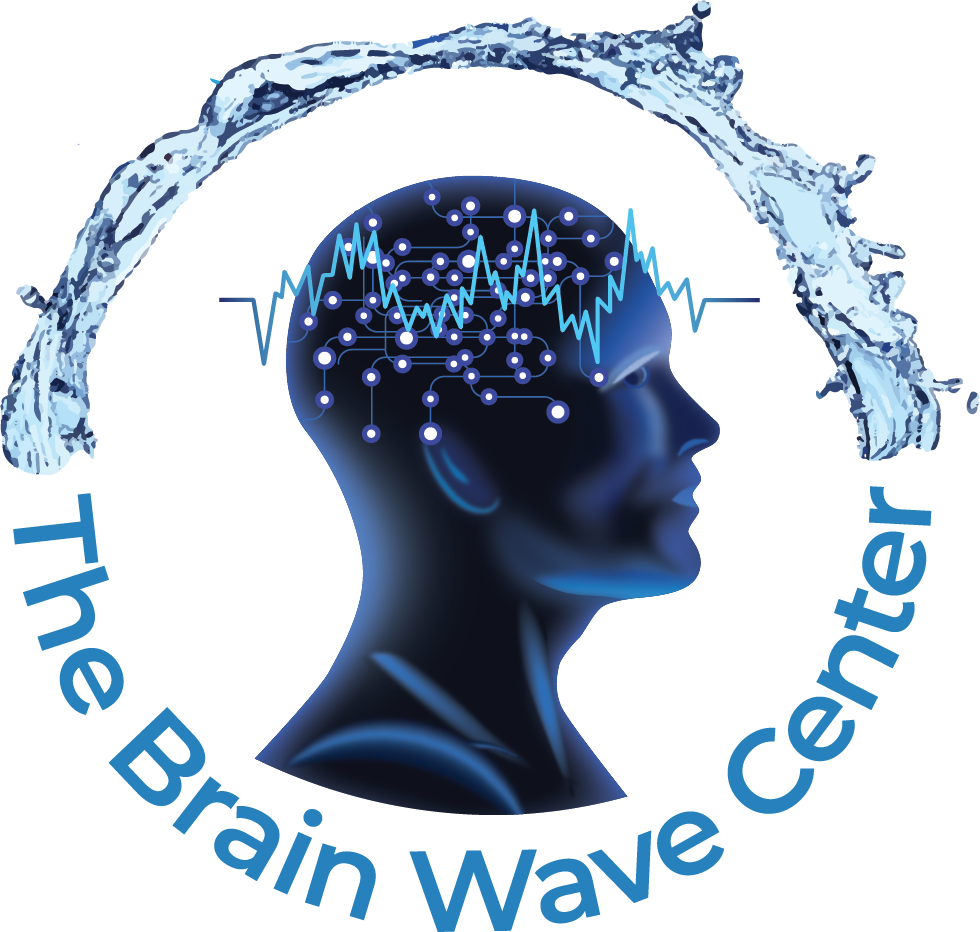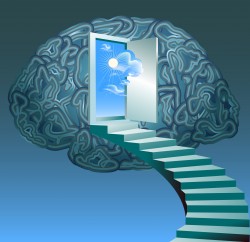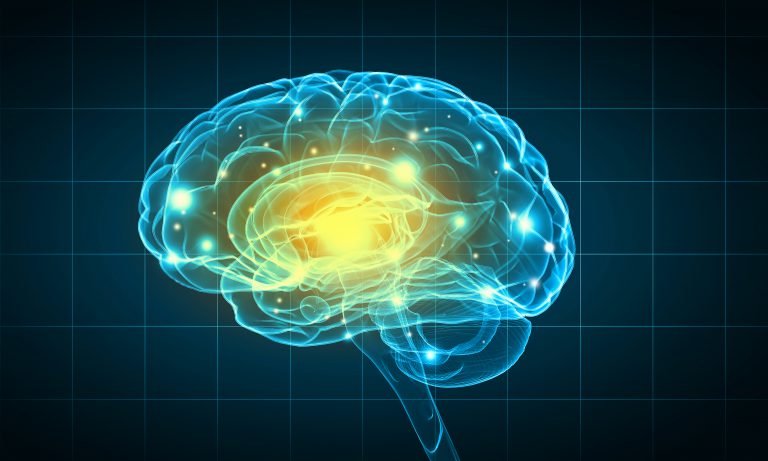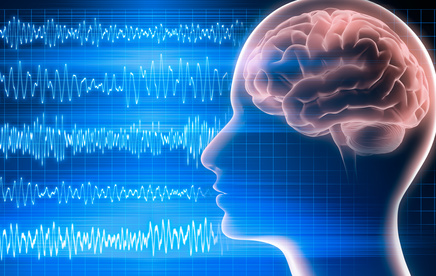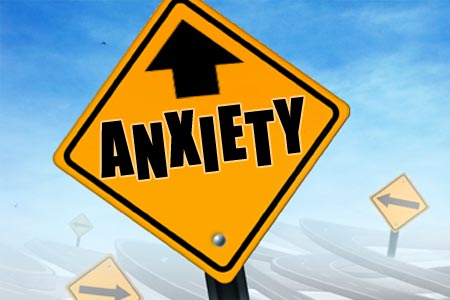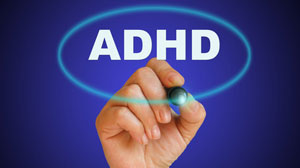Posts by Mia Blais
Neurofeedback For Depression
We do not normally think of children being depressed, but depression knows no social, economic, gender, or age boundaries. There are many children with dysregulated brains who manifest symptoms of depression. Many children diagnosed with ADHD and other disorders are actually depressed, and if you clear the depression the attentional and behavioral problems disappear. Depression…
Read MoreNeurofeedback helps regulate clusters of symptoms
Neurofeedback helps regulate clusters of symptoms. From Healing Young Brains. Robert Hill, Ph.D., Eduardo castro, M.D. “Early in the development f neurofeeback, several practitioners proposed the idea of global dysregulation. The idea behind his theory is that if brainwaves are dysregulated, there is a strong likelihood of a cluster of symptoms rather than just a…
Read MorePediatrics Neurofeedback with ADHD
In November 2012, the American Academy of Pediatrics approved biofeedback and Neurofeedback as a Level 1 or “best support” treatment option for children suffering from ADHD. Pediatrics. 2014 Mar: 133(3):483-92. doi:10. 1542/peds.2013-2059. Epub 2014 Feb 17 In-school neurofeedback training for ADHD: sustained improvements from a randomized control trial.: Steiner NJ 1, Frenette EC, Rene KM,…
Read MoreFormer Denver Broncos Seek Concussion Relief Through Neurofeedback
About a dozen former Denver Broncos, some from the Orange Crush era, are taking part in a research study they say is helping them recover from post-concussion symptoms and traumatic brain injuries. They believe those injuries were suffered during their playing days. The process uses Neurofeedback to “Re-train” the brain and restore healthy brainwave patterns…
Read MoreAnxiety: Why Neurofeedback Works So Well
Do you have panic attacks for seemingly no reason? Are you so worried about being judged by others or embarrassed that it stops you from engaging in social situations? Are you so scared of heights, flying, or something else that it causes you to avoid things in your daily life? Does stress cause you to…
Read MoreOvercoming ADHD Without Medications: Why Neurofeedback Works
Attention-deficit disorder and attention deficit hyperactive disorder is one of the most commonly diagnosed conditions in America today. It’s not hard to see why, as the symptoms associated with a diagnosis are very common in many other problems: Distracted, impulsive, lack of attention or focus, can’t sit still, anger issues, etc. Individually these symptoms can…
Read MoreVideo: Understanding ADHD And Neurofeedback
ADD/ADHD is not a psychological or disciplinary problem – it’s a brain problem. Watch how to improve ADD with neurofeedback.
Read MoreNeurofeedback To Improve Athletic Performance
During the last decade the use of Neurofeedback techniques to achieve a better athletic performance has been a booming subject. More and more athletes use mental training each day as a means of achieving the ultimate competitive edge. One of the most well-known examples is the Italian football team that won the 2004 World Cup…
Read MoreNeurofeedback Help For Depression
Compelling research evidence exists that there is often a neurophysiological basis for depression, particularly in people with a family history of depression. Neuroscientists have discovered a particular brainwave pattern that allows us to identify individuals with a biological predisposition for developing depression. This biological marker appears to be very robust (Davidson, 1998a, b), having been…
Read MoreNeurofeedback Helps Cellist Improve
“Practice makes perfect,” the saying goes. Optimal performance, however, can require more than talent, effort, and repetition. Training the brain to reduce stress through neurofeedback can remove barriers and enhance one’s innate abilities. An article in the journal Biofeedback presents the narrative of a young cellist who was able to realize the potential of his…
Read More